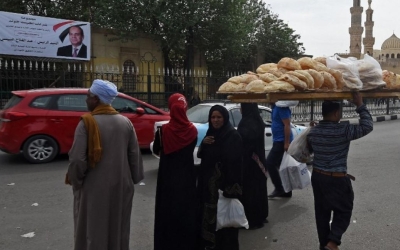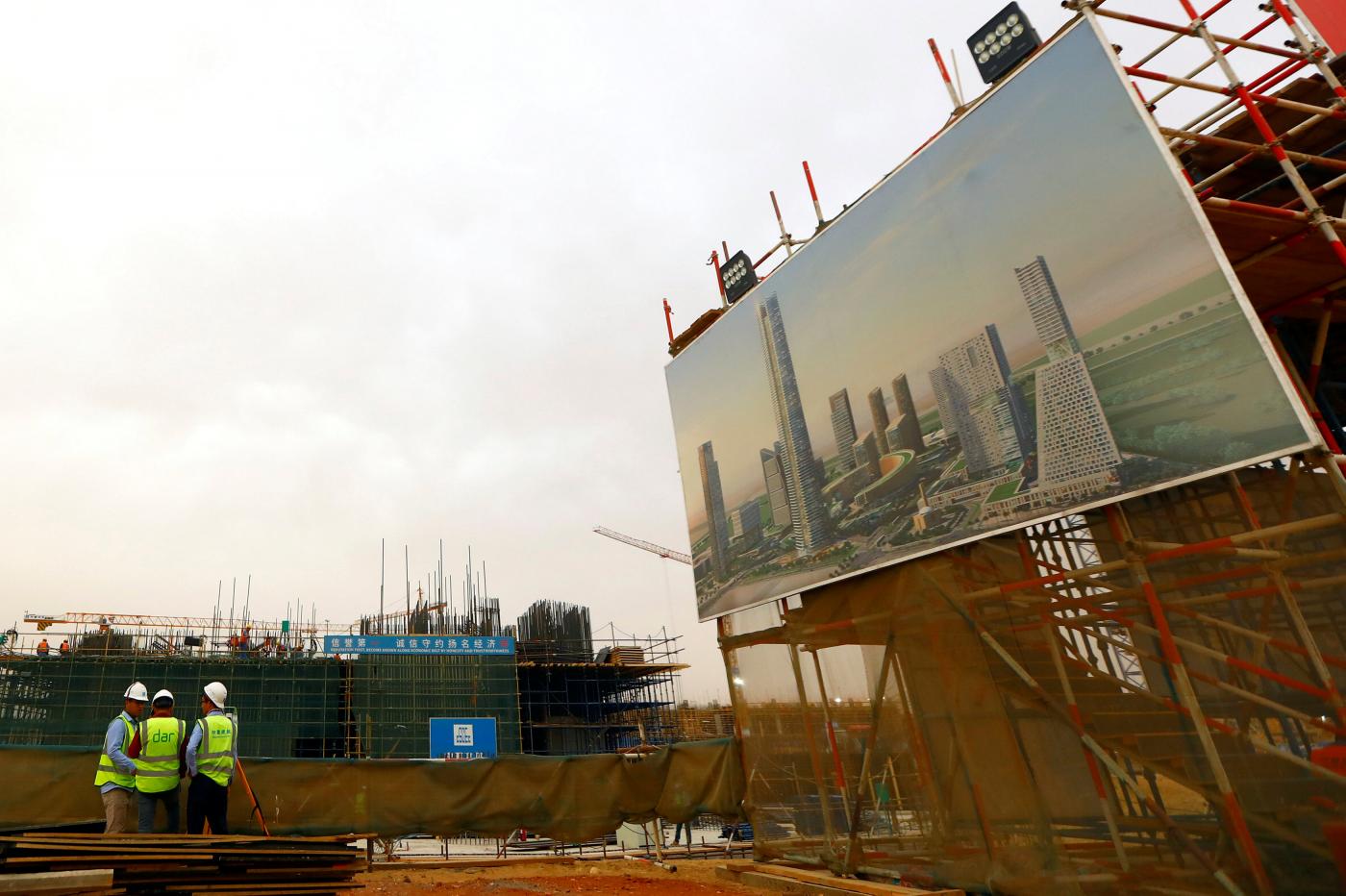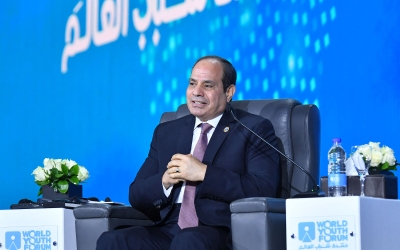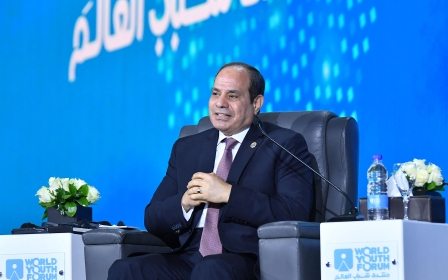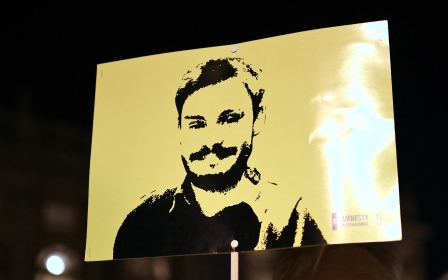Egypt: Why Sisi's survival depends on erasing memories of the 2011 revolution
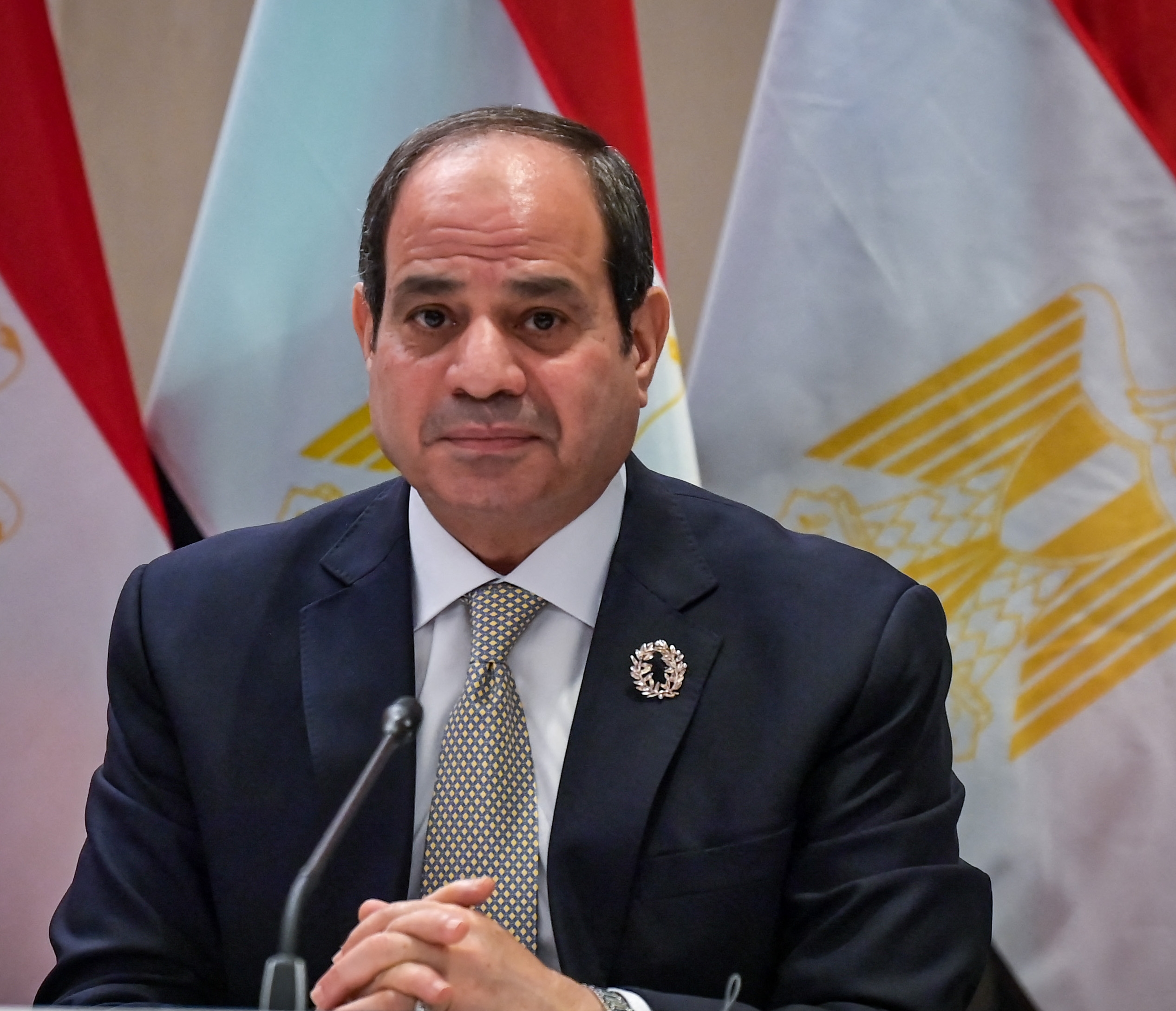
Egypt's President Abdel Fattah el-Sisi has successfully defeated the 2011 Egyptian revolution, at least for now.
Eleven years after an uprising that ended the 30-year presidency of dictator Hosni Mubarak, Egypt is again mired in abject authoritarianism, with no new democratic movement in sight. In the summer of 2013, Sisi helped orchestrate a military coup against Egypt’s first democratically elected president, Mohamed Morsi, who was ousted just one year after he won Egypt’s post-uprising presidential election.
Several indicators suggest that Egypt is in worse shape today than it was at any point during the Mubarak era
Immediately following the coup, Sisi began work on an eliminationist political programme designed to ensure the impossibility of another democratic uprising. The programme featured a cocktail of intimidation, brute force, draconian legislation, media propaganda and judicial corruption.
Several indicators suggest that Egypt is in worse shape today than it was at any point during the Mubarak era.
Egypt continues to score poorly on measures of corruption, and Sisi’s government has a worse human rights record than Mubarak ever did.
Political opposition eliminated
The post-coup regime has carried out several massacres against peaceful protesters, issued a string of draconian legislation and filled Egyptian prisons beyond capacity, a reality that has necessitated the expansion of Egypt’s prison system.
Sisi has shut down all oppositional media networks, creating an effective propaganda system that drives home the regime’s singular narrative, and used the judiciary as a “tool of repression”. All political opposition has been eliminated: the Muslim Brotherhood has been driven underground, serious political organisations have been banned, and would-be challengers to Sisi have been intimidated and arrested.
Sisi’s assault on basic human rights prompted Amnesty International to describe Egypt as an “open-air prison”. Sisi’s government has spent the better part of the past eight years attempting to convince Egyptians and the international community of the harms of the Arab Spring, especially Egypt’s January 2011 contribution.
This is an important messaging effort for Sisi, especially because, if it is successful, it could help prevent another uprising from occurring.
The regime has worked hard to erase the 2011 revolution from public memory, sometimes ignoring it altogether, or referring to it vaguely as an event (and not a “revolution”). When the regime has made direct reference to the January 2011 political moment, it has often done so critically, recasting the uprising as an enemy that destabilised the nation.
Price of stability
For the past several years, these patterns have been obvious in Egyptian government and media discourse. Sisi has himself led the way in establishing new discursive constructions about the 2011 revolution.
In a 2018 speech, Sisi suggested that Egypt’s stability would be at stake if another uprising occurred. He said: “That which happened seven or eight years ago will never happen again in Egypt. That which didn’t succeed then will not succeed now. No, no, no. It appears that you don’t know me well. No, by God. The price of Egypt’s stability and security is my life and the life of the army.”
At this month’s fourth annual World Youth Forum, Sisi continued this line. Speaking to international media and diplomats, he lamented the fact there was so much international concern with Egypt’s human rights record. At the heart of Sisi’s speech was the idea that an obsession with human rights (and rights to protest) could harm Egypt’s economy, which, he implied, was more important.
In a vague reference to the January 2011 uprising and its aftermath, Sisi pushed back specifically on free-and-fair elections, freedom of expression, and protests, arguing that developing nations like Egypt couldn’t afford to allow them.
At the heart of Sisi’s speech was the idea that an obsession with human rights could harm Egypt’s economy
"Are you willing to give me money to spend on Egyptians while they are protesting?" he said. "Give me $50bn, not $20bn, and I’ll ask Egyptians to hit the streets… [I’ll do it] if this is going to make you feel as though we have true freedom of expression [in Egypt].”
After making this point, Sisi posited that he was tasked with leading Egypt forward, “not toward destruction”. The implication was clear: protests and freedoms would lead to Egypt’s political, social and economic “destruction”.
To drive the point home, Sisi went on to describe what he perceives as the negative consequences of the Arab Spring, inviting members of the audience to reflect on what has transpired in some Arab Spring countries. He also said that he was “willing to hold elections in Egypt every year… but on one condition: that [the international community] pays the cost”.
Growing wealth gap
This sort of discourse is nothing if not transparent.
In Sisi’s view, human rights and freedoms cannot coexist with political and economic success, at least not in places like Egypt. The problem with this argument, though, is that Egypt’s economy hasn’t meaningfully improved in Sisi’s authoritarian environment. In fact, the economy continues to be in awful shape.
Despite being propped up with billions of dollars in grants from loyal Gulf allies Saudi Arabia and the United Arab Emirates, and also securing billions in international loans, Egypt’s economy has struggled mightily.
The wealth gap has grown significantly under Sisi, and poverty among Egyptians has increased, largely as the natural byproduct of crippling inflation. The average Egyptian has thus found it increasingly difficult to make ends meet.
There does not appear to be any end in sight. In fact, there is fear that things could get much worse.
An analysis by Robert Springborg, published earlier this month by the Project on Middle East Democracy (Pomed), suggests that Egypt could follow Lebanon into “failed economy” status, particularly if it continues the implementation of Sisi’s economic programme.
Sisi’s preventative efforts to ensure the impossibility of another uprising have worked thus far. Indeed, another uprising appears highly unlikely, at least for now. However, in the absence of a meaningful social, political and economic turnaround, popular Egyptian frustrations may continue to grow. Uprisings can sometimes happen when governments and observers least expect them.
The views expressed in this article belong to the author and do not necessarily reflect the editorial policy of Middle East Eye
Middle East Eye propose une couverture et une analyse indépendantes et incomparables du Moyen-Orient, de l’Afrique du Nord et d’autres régions du monde. Pour en savoir plus sur la reprise de ce contenu et les frais qui s’appliquent, veuillez remplir ce formulaire [en anglais]. Pour en savoir plus sur MEE, cliquez ici [en anglais].



